A half-day workshop
This is an essential programme for any member of staff whose role requires a high level of attention to detail. The focus is specifically on the handling of text and data, whether at the input stage or when collating information into reports and documents for use by others.
The session looks at both prevention and cure.
For ‘prevention’, it focuses on understanding how common errors occur and on developing an awareness of the factors which influence our level of attentiveness. It introduces key psychological theories around attentiveness including the ‘capacity’ and ‘bottleneck filter’ models. And it looks at how working styles can affect attention to detail.
For ‘cure’, the programme looks at how to minimise the effect of stress on concentration as well as introducing a number of tools and techniques for promoting accuracy – at both the input and the checking stages. Particular attention is paid to proof-reading techniques.
- Appreciate why errors occur
- Understand how stress and other factors can affect focus and accuracy
- Know how to improve accuracy and reduce errors when handling text and data
- Be able to proof-read text and number-based documents more accurately
Expert trainer
Miranda has more than twenty years’ experience as an independent learning and development consultant and trainer.
Session outline
1. The importance of accuracy
- The impact of mistakes
- Why accuracy is so important
- Main reasons why errors occur
2. Attentiveness theory
- The ‘capacity’ and ‘bottleneck filter’ models
- Selective attention
- Chunking – big picture / little picture
3. Preparing for accuracy
- Working styles – how they affect detail-orientation
- Identifying and minimising the impact of stress on concentration
4. Practical strategies
- How to improve accuracy and reduce errors when inputting text
- Managing interruptions and distractions
- Proofing text and numbers









